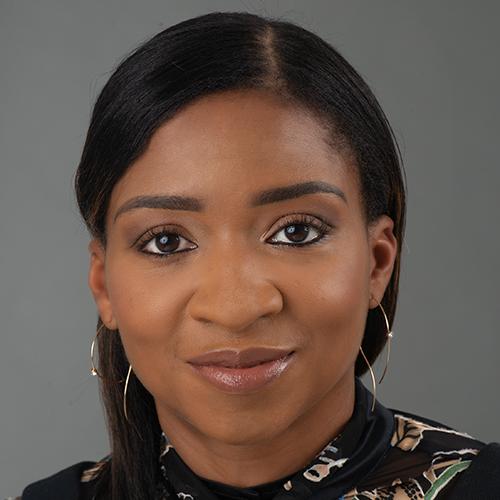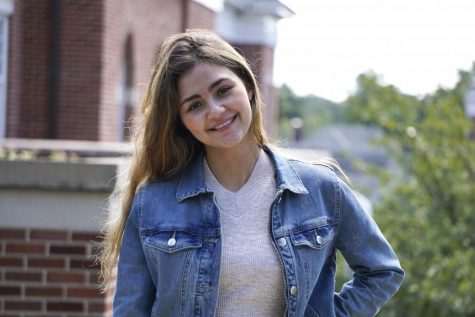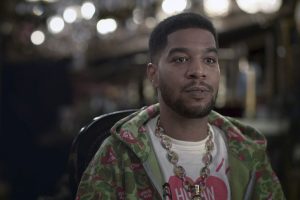Dr. Kaalund reflects on background, diversity, Black History Month

February 25, 2021
Where are you from? Where did you grow up?
“I am from North Carolina. I grew up in North Carolina. I attended graduate school in North Carolina so I’m a Tar Heel Born & Bred as we like to say. I’m very much influenced by the southern culture that cultivated me and made me who I am today. I live in Connecticut now with my husband and three children, so that’s a lot of my life outside of Iona. Most of my family is still in North Carolina so I spend a great deal of time going back and forth. I’m very close with my sisters. I’m one of four girls, which obviously colors my perspective on the world.”
What was your college experience like and how did it influence how you view culture and diversity?
“College certainly did have an influence [on how I view culture and diversity], and there are a number of reasons why and I’ll start with my minor in college. I was a chemistry major and I minored in African American studies, and so through that minor I was exposed to literature and Black diasporic culture that really opened my eyes in a way that a little girl growing up in rural North Carolina had not been exposed to. I remember reading Octavia Butler, Toni Morrison and James Baldwin for the first time and those kinds of literary worlds opened up to me.
I also remember that I was required to take an African studies class and we had to look at the map and understand how many countries there were in this continent that we often refer to as if it is solely a country and the diversity on the continent. I was exposed to this through my studies and it’s one way in which my perspective was influenced. Another way is just from the college experience itself. The roommates I had, the people I interacted with, and the people I was in class with all had an influence on my perspective. Of course, this influences how I know and understand diversity, inclusion and other related issues.
What does Black History Month mean to you?
“Black History month means a lot of things to me. One thing I would say is that it is an opportunity to educate probably first and foremost for me. It is an opportunity to share with everyone the accomplishments of the Black community beyond slavery, the Civil Rights Movement and Black Lives Matter. There’s so much more to the community than these pinpoint moments that we tend to look at and these individuals like Frederick Douglas and Martin Luther King Jr. They’re these individuals that seem to be the only people we learn about historically. I view Black History Month as an opportunity to expand knowledge around Black culture. It’s also an opportunity to celebrate not just the accomplishments, but the lives of the thriving Black people. It’s about shifting the emphasis from struggle and suffering to a much more celebratory and joyful acknowledgement of life. Finally, there’s this term that I’m really loving now: Black Futures. I take it as some sort of a push back to Black History Month and people talking about Black Future Month, and I embrace that too because I think there’s something to be said about acknowledging the folks who are trying to do the work to support issues that are important to the Black community. The community needs to look to the future and acknowledge that there is more work beyond what we’re doing today. I think I’ve come to embrace that it’s all of those things for me.”
What do you say to students who want to learn more about Black history? Where should they start?
“Don’t be afraid to ask a professor…All you have to do is ask the question and I’m sure many professors with various specialties in these areas will either get the resources for you for further reading and further knowledge, have the conversation or point you to the person who can provide those resources for you. There’s also a wealth of knowledge in the library. The library has great electronic resources, so many that I’ve seen for Black History Month in particular that can broaden your perspective as well. Doing a simple library search on a topic you find interesting, whether it’s fashion, culture, historical moments or things like revolution, there are so many aspects you can learn from doing that type of research. And then, don’t be afraid to talk to people. Personal narratives are important as well. The diversity of your friends, the people you know, and you hang out with on campus – ask questions.”








